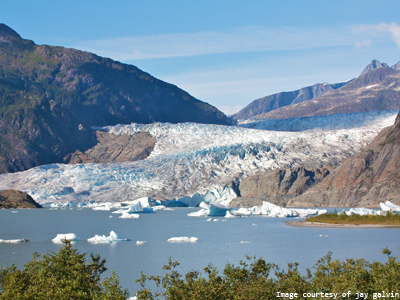Knowledge Gaps PhD Conference 2012
 Norwich, 11-13 April 2012.
Norwich, 11-13 April 2012.
Report by Kristy Revell, Agent and PhD student, University College London.
Highlights
- Listening to lots of interesting talks and presentations – met loads of young people working within the field of climate change
- Hearing Tony Juniper and Bob Watson speak
Presentation at the conference
The poster, which was presented at the conference, is available for download.
Conference report
I attended the Knowledge Gaps in Climate Change Research PhD conference, organised by the Tyndall Centre at UEA between the 11th and 13th April 2012. The themes of the conference were cities and coasts, governance and behaviour, energy and emissions and land and water. I presented a poster which sat within the theme of governance and behaviour. As suggested by the name, all the presenters and speakers were PhD students.
At the conference it was interesting to observe that there is a notable shift in climate change research away from model building and predictions of what is going to happen to the planet. Instead the focus is now on the social aspects of climate change. From the presentations, it became apparent that there was a vast amount of research being undertaken to understand why, given the science, models and predictions, governments and policy and people and their behaviour is not changing to mitigate to expected (model predicted) detrimental effects of climate change.
There were a few occurrences of people using models in their research but interestingly, the researchers were not using models that they had built themselves but were instead often making use of models that had been built elsewhere, often at other institutions. These researchers are not developers and as a result a few of them spoke about problems that they are facing with these models, for example the data inputs and outputs from the models are not quite what they would like them to be or they are having trouble dealing with large file output sizes and long run times, not really knowing how to deal with these issues. I directed these people to the SSI, saying they may be able to help with their problems.
As mentioned, a large majority of the researchers at this conference are working on the social side of climate change but interestingly there was a very significant focus on mixed methods research, with many presenters referring to the science and models but building on this information using qualitative research methods like surveys and interviews.
Unfortunately, beyond the few participants who have been utilising pre-existing models in their research, is was difficult to see what was of notable relevance to the SSI. I thought that there would be a lot more climate scientists at the conference who would be working on developing models but as I have previously said, it seems that the field has shifted. Maybe this does mean that the SSI could look into how it could better support a group of interdisciplinary researchers with a scientific background who are now starting to use a lot more qualitative methods and mixed methods in their research strategies?
There was also some emphasis on the gap between what is known about climate change and what is being done about climate change, in terms of policy.
